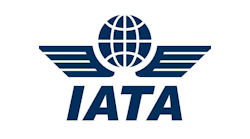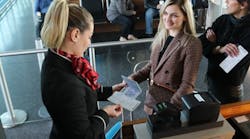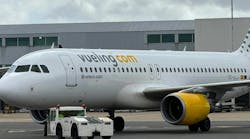The airline and ground handling industries, and aviation as a whole, have always been able to adapt and evolve. That requirement to acclimate to a changing environment has been on full display over the past year as the COVID-19 pandemic re-shapes the way we do our jobs.
But flexibility and ingenuity are still required as the pandemic lingers and additional adaptation will surely be necessary post-pandemic as well.
Airlines and ground handlers providing passenger services continue to adjust with ongoing changes. For example, here in the United States, the Center for Disease Control and Prevention (CDC) is requiring all passengers entering the country, as of Jan. 26, 2021, provide proof of a negative COVID-19 test. There are reports that the U.S. may consider mandatory COVID-19 tests for domestic flyers, also.
Additionally, travel bans between countries have caused changes to flight schedules and affected staffing requirements.
IATA has called on governments around the world to work with the travel industry to allow the resumption of international travel.
“A priority for this critical cooperation is acceleration of the establishment of global standards for vaccination and testing certification,” IATA officials say.
One way the association hopes to assist safe global travel is with the deployment of the IATA Travel Pass, designed to help passengers, governments, airlines and ground service providers securely manage passengers’ vaccine and testing requirements.
Singapore Airlines, IAG, Qatar Airways, Emirates and Etihad Airways have all announced partnerships with IATA to pilot the program and assist in its development. It would not be surprising if more stakeholders have joined this effort by the time you read this column.
The aviation industry has endured plenty throughout these past several months. But initiatives like the IATA Travel Pass that harness the technology and data available are a logical step to work our way back to pre-pandemic operations.
The industry remains resilient, but how we address current and future travel requirements can mean a great deal. Are travel requirements challenges preventing success? Or are they enabling the safe resumption of international travel? The answer may be some of both. But the approach taken to overcome these challenges may ultimately be the difference.





